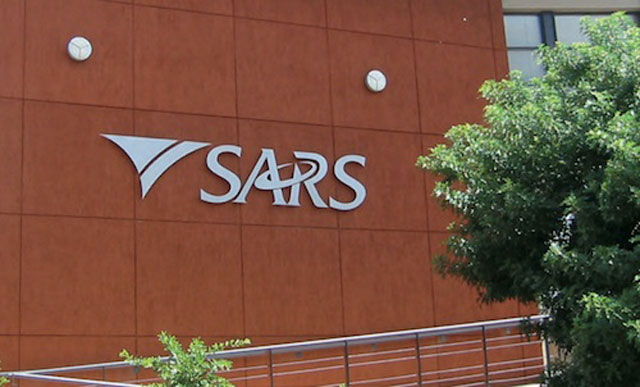
The South African Revenue Service (Sars) has served notice to organisations that flout the law with a message that the “game is over”.
Sars on Wednesday debuted a new container scanner at the Cape Town port, following the launch of a similar device in Durban.
“That we should deter those who would like to avoid paying their fair value in terms of customs, that … game is over,” said Sars commissioner Tom Moyane.
The agency collected R986bn in 2014 and Moyane insisted that spending R38,5m on the scanner was a justified expense.
“You want to talk about return on investment? Let’s talk numbers: R986bn is what we collected. Customs contributed approximately 9% to 10%.
“Utilisation of the scanners is to deter and detect that which we would not have been able to bring into the fiscus. So if we used the scanners … a year before, we could have collected close to a trillion [rand],” he said.
The scanner forms part of Sars’s modernisation programme and officials insisted that integrating the technology with operational processes was a world first.
Trucks arrive and the driver is required to vacate the vehicle. The scanner makes a pass over the container to give officials a view of what the cargo is. This data is checked against the documentation provided.
Officials said that even small packets of cigarettes in a consignment can be spotted by the scanner.
According to Sars data, South Africa imported goods to the value of R443,1m from January to May 2015 and customs contributed around 9% of revenue.
Moyane said that the scanner would ease trade for businesses as it sped up the processing of containers.
“We want to inform our stakeholders that we want to facilitate trade as easily as possible. [It will ensure the goods] … you receive are the goods which have been declared to our officials.”
Staff members are also protected from the radiation by thick outside walls on the facility.
“The wall on your left hand side is reinforced concrete that makes sure that the radiation is contained within the designated area. Furthermore, the staff is equipped with dosimeters that measures and monitors the level of radiation that they are being exposed to,” said Marius Papenfus, Sars group executive responsible for programme management.
He said that the construction of the device was largely local, with international suppliers.
“All the construction is done by local suppliers and the equipment is imported and is supplied by a supplier that was successful resulting from an open tender process.”
The scanner is also subject to the perils of load shedding as South Africans are reluctantly getting accustomed to.
Moyane said that the system was designed with redundant electricity supply to cope with load shedding.
“We are like any other person, but we have what you call redundancy. We have built in a process where we have generators in the event of load shedding.” — Fin24




